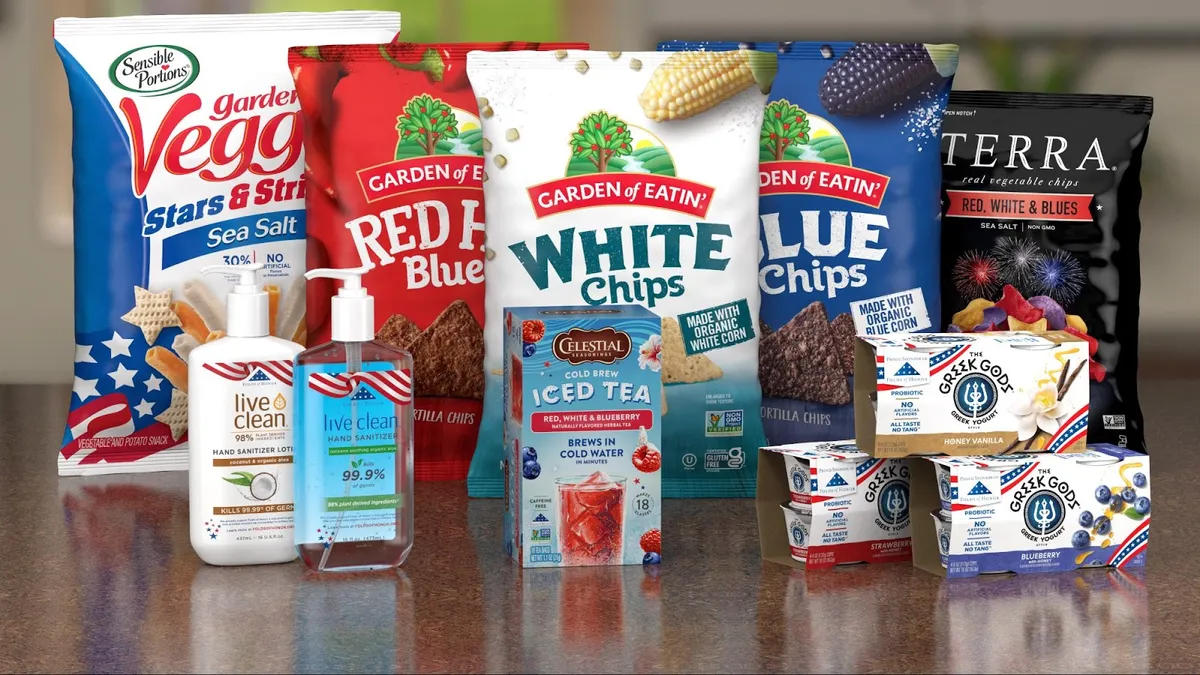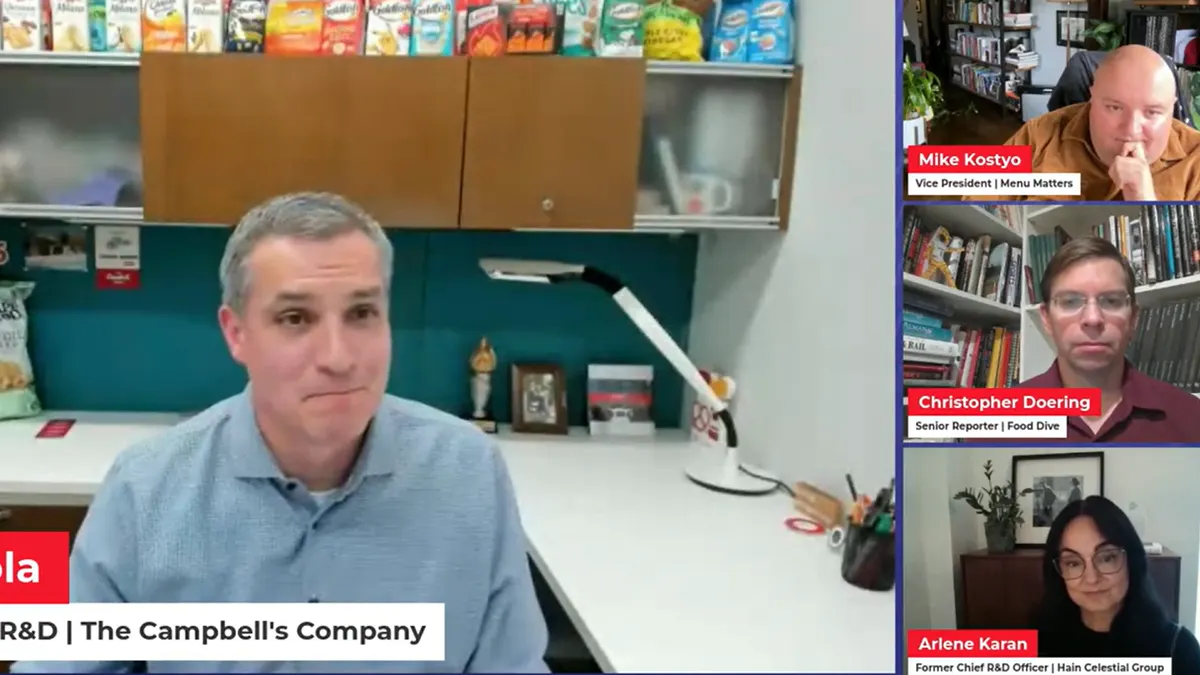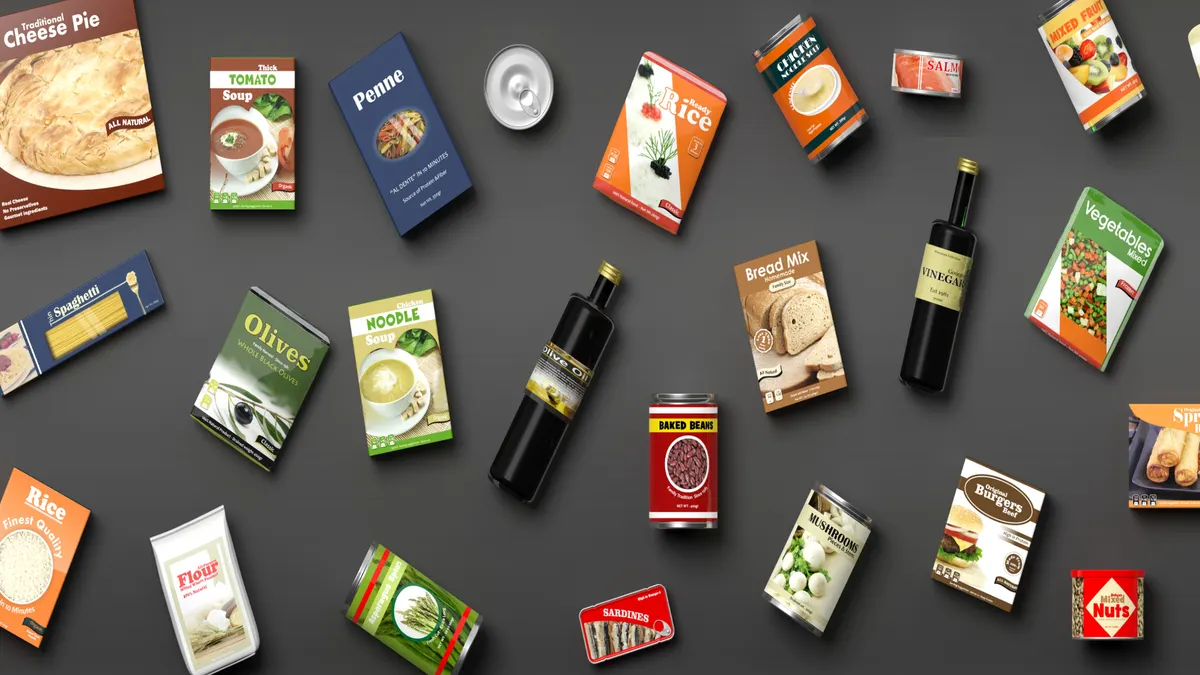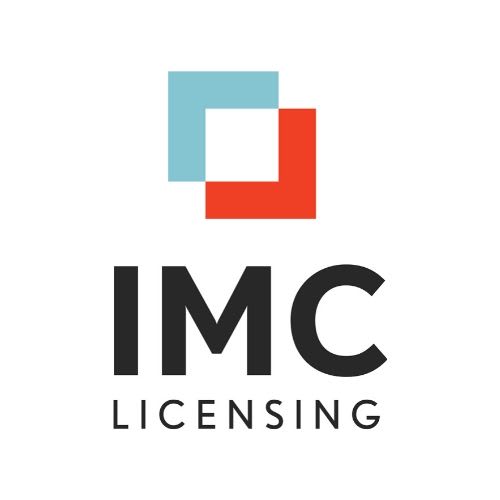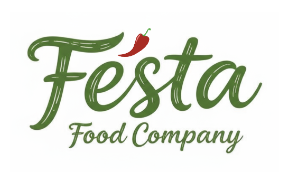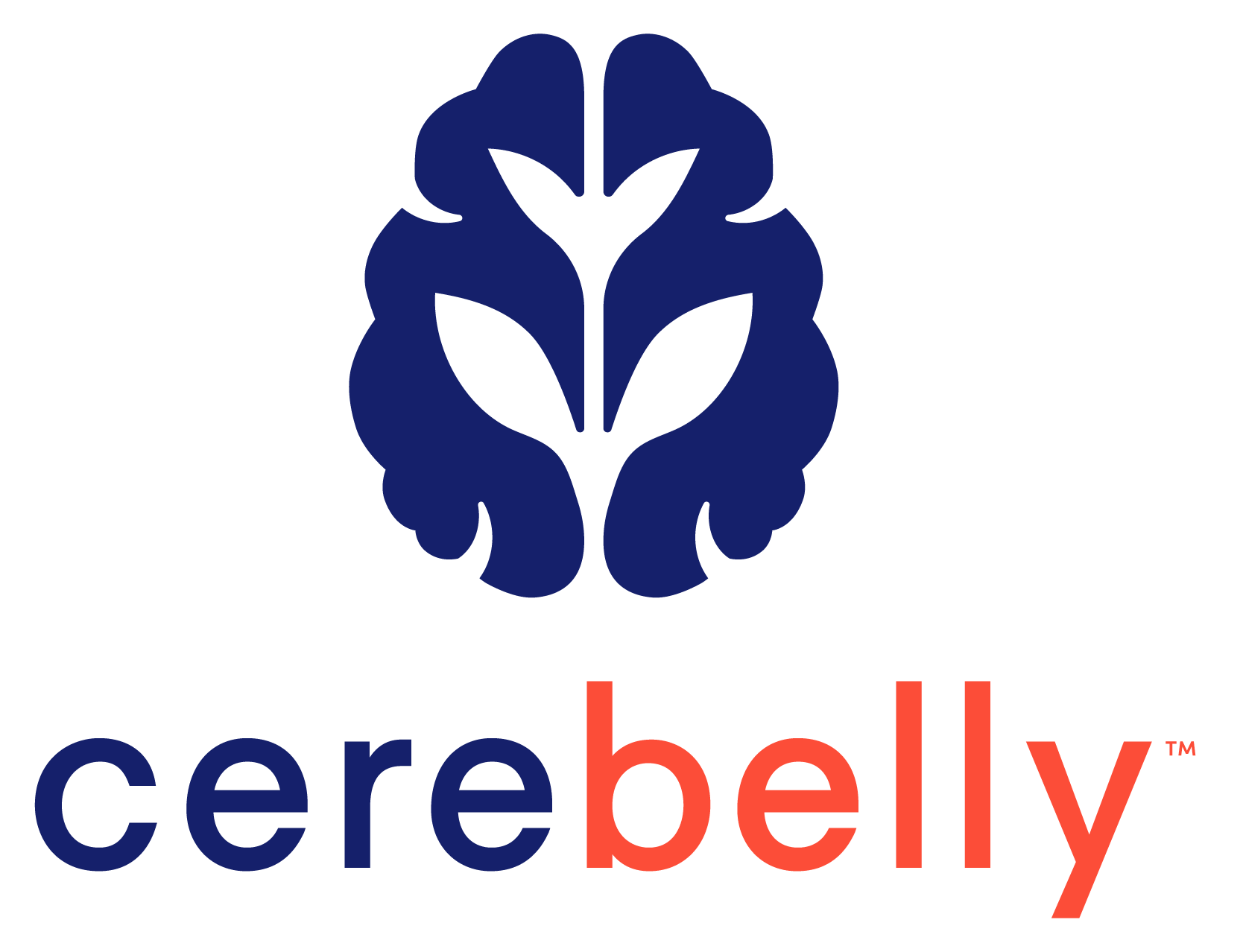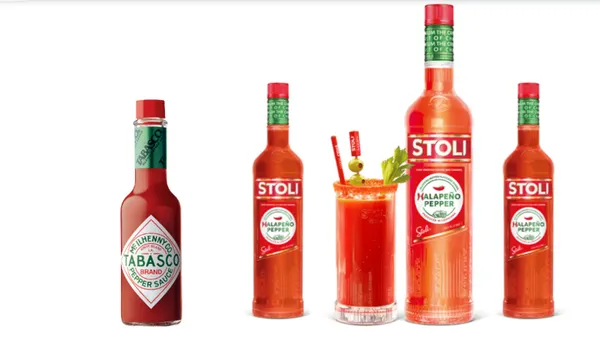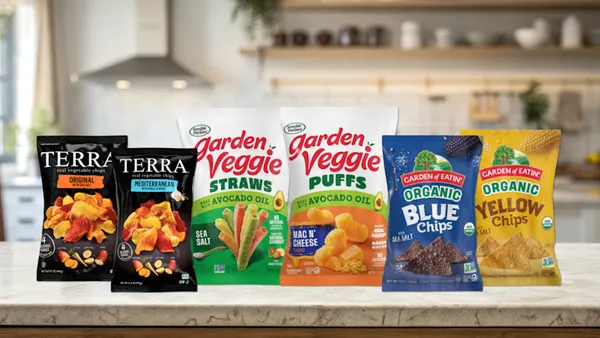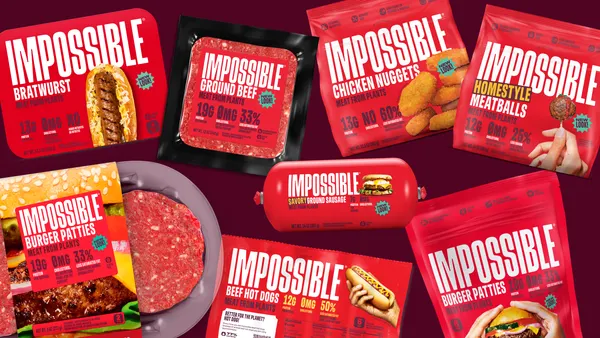Hain Celestial is accelerating its restructuring efforts as the healthy food and beverage maker faces a prolonged slowdown in sales, with interim CEO Alison Lewis acknowledging "this business has clearly not been performing."
Sales at the Garden Veggie snack and Greek God yogurt manufacturer fell 10% to $1.56 billion during Hain’s 2025 fiscal year, Hain said on Monday, with net losses swelling to $531 million from $75 million in 2024.
To streamline its business, Hain is taking a series of steps that include cutting down on the number of SKUs it offers, eliminating its North American president position and selling or exiting certain brands.
"We are confronting our challenges with urgency and determination, laying the groundwork for a leaner, faster and more execution and delivery focused company," Lewis told analysts following the release of its fourth-quarter earnings.
Despite playing in trendy categories such as gluten-free, high protein, GLP-1 friendly and free-from artificial colors, Hain is facing mounting competition from General Mills, Nestlé and other companies launching new offerings that tap into consumer interest for healthier eating.
Inflation, economic uncertainty and other headwinds have also weighed on its business, with the company recently "relying solely on productivity improvements to offset higher costs," Lewis said.
Hain announced Monday that it plans to undertake a series of steps to improve its balance sheet, stabilize sales and improve profitability. The company hired an interim chief business officer to help with its cost reduction, as well as streamlining and restructuring efforts.
The New Jersey-based Hain will take “aggressive cost actions,” Lewis said, leaving unprofitable or low-margin SKUs to focus on brands and categories with the highest growth potential. With tea, for example, Hain plans to cut its tea lineup to fewer than 55 blends, down from more than 90, during the next two years.
Hain also aims to take steps to simplify its food and beverage portfolio by exiting or selling businesses where it is “structurally disadvantaged” or it does “not have a right to win,” Lewis noted.
The company has decided to leave the meat-free category in North America, discontinuing the Yves plant-based meat line and closing its manufacturing facility.
The latest announcements come four months after Hain announced its CEO had left the company and that it was reviewing its portfolio as part of “a broad range of strategic options.” In February, the CPG maker said it was exploring a sale of its personal care brands, which account for a small part of its business.
Lewis noted that prior management “leaned heavily” on building structure, strategy and process. Now, the company needs to “dial up execution and delivery.”
"By sharpening our priorities and taking immediate actions to strengthen financial health, streamline operations and energize our brands, we are positioning Hain to compete and win in the marketplace," Lewis said.
Investors welcomed the expansive turnaround plan, with analyst William Blair saying it still believes “there is value to be extracted.”


